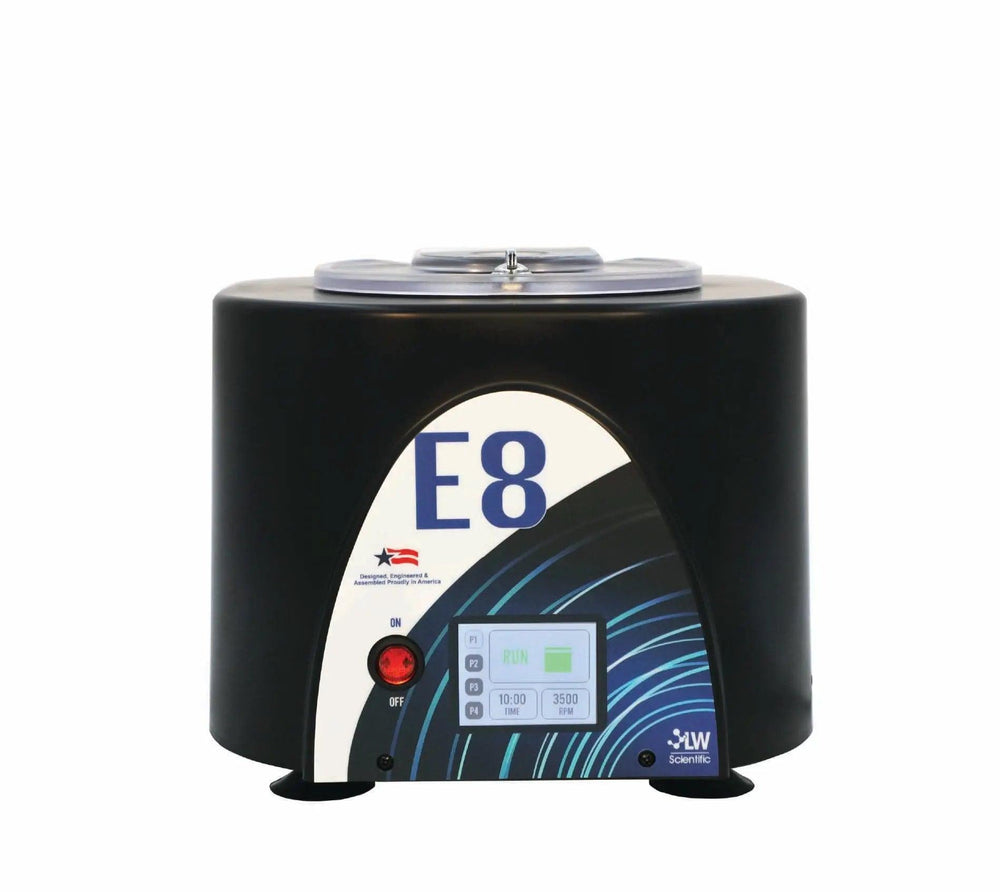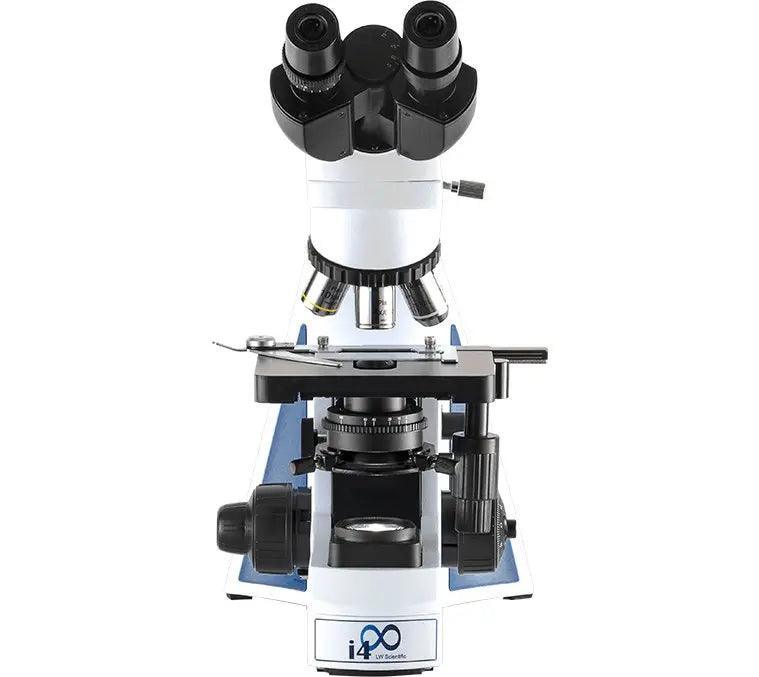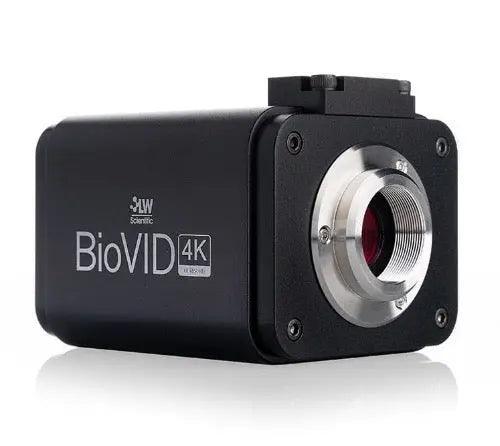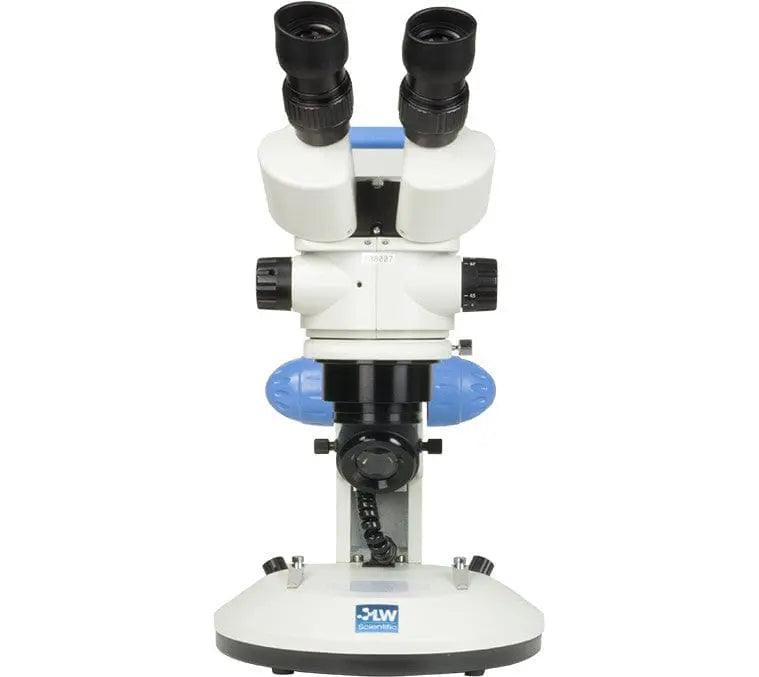A dry block incubator is a specialized laboratory instrument designed for precise temperature control and incubation of samples. Unlike traditional incubators that use water or air for temperature regulation, dry block incubators utilize aluminum blocks to evenly distribute heat to samples contained in tubes or plates.
Uses and Applications:
Molecular Biology:
- Dry block incubators are extensively used in molecular biology applications such as PCR (Polymerase Chain Reaction), RT-PCR (Reverse Transcription PCR), and qPCR (Quantitative PCR). They provide stable and uniform temperatures necessary for DNA amplification and other enzymatic reactions.
Enzyme Reactions:
- Enzyme reactions often require precise temperature control to maintain optimal activity. Dry block incubators offer a stable environment for conducting enzymatic assays, substrate conversions, and enzyme kinetics studies.
Cell Culture:
- In cell culture applications, dry block incubators are utilized for maintaining consistent temperatures required for cell growth, proliferation, and experimentation. They provide a controlled environment for culturing cells in microplates, tubes, or other vessels.
Protein Analysis:
- Dry block incubators play a crucial role in protein analysis techniques such as enzyme-linked immunosorbent assays (ELISA) and Western blotting. They ensure uniform heating for protein denaturation, hybridization, and detection steps.
Hybridization and Nucleic Acid Analysis:
- Dry block incubators facilitate nucleic acid hybridization reactions in techniques like Southern blotting and Northern blotting. They enable precise temperature control for the annealing of probes to target DNA or RNA sequences.




